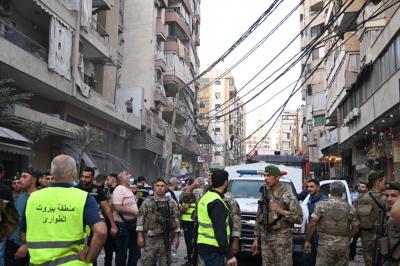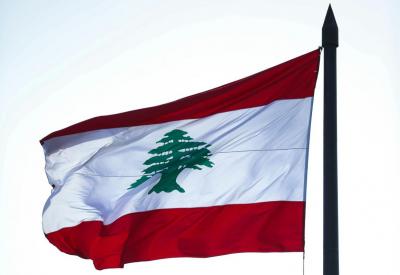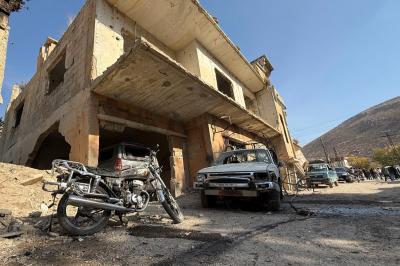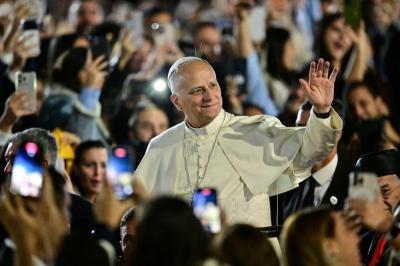Caught in the crossfire of the escalating rivalry between global superpowers—the United States and China—Lebanon finds itself a collateral victim of a new-age Cold War. While geographically distant from the epicenter of this geopolitical struggle, the consequences of this global standoff are being felt deeply in Beirut, casting long shadows over any prospect for political resolution or national recovery.
Lebanon today stands at a dangerous crossroads. Trapped in a complex web of overlapping crises, the country's path to salvation appears increasingly stalled by international power plays that are far beyond its control. As the economic tug-of-war between Washington and Beijing intensifies, Lebanon’s fragile political, economic, and security conditions grow even more unstable—further derailing the already elusive path to reform.
The ongoing conflict between the U.S. and China transcends trade. It is a full-spectrum confrontation, marked by reciprocal tariffs and a fierce competition over technological dominance—especially in artificial intelligence and transportation. At stake is the control of a reshaped global order, including leadership of international organizations and financial institutions.
In such a tense global climate, the chances of forging or sustaining international agreements diminish. Lebanon remains suspended in a prolonged state of international limbo, where political breakthroughs remain hostage to broader regional and global alignments—particularly among Washington, Paris, Riyadh, and Tehran.
Washington’s economic pressure campaign on Beijing also aims to choke Iran, given its growing economic ties with China. This, in turn, hardens the stance of Iran’s local allies in Lebanon, complicating internal negotiations and power-sharing deals.
Meanwhile, the global economic slowdown has made major powers more hesitant to invest or extend aid. Lebanon’s ability to attract financial support or negotiate new rescue packages has eroded further—deepening its economic collapse.
Simultaneously, U.S. foreign policy has shifted focus toward East Asia and the Pacific in its bid to contain China, resulting in a relative disengagement from the Middle East. This vacuum invites other regional actors to assert themselves in Lebanon’s affairs, each driven by its own interests, further entangling the domestic scene.
As a result, Lebanon risks deeper political paralysis and economic freefall. With institutional stagnation firmly in place and no clear roadmap to recovery, the country may remain stuck in a cycle of collapse until broader international compromises—still far from reach—are made.
Still, there remains a glimmer of hope: that European powers, notably France, could exert targeted diplomatic pressure to force at least a partial settlement—one that would kickstart a gradual reform process under the new government.
But time is not on Lebanon's side. The moment for action must be seized—not hastily, but decisively. The country's leadership must take initiative domestically, honor ceasefire commitments in both letter and spirit, and swiftly implement reforms promised in presidential speeches and ministerial declarations.
In the face of growing uncertainty, waiting is no longer a viable option.
Please post your comments on:
[email protected]
 Politics
Politics














